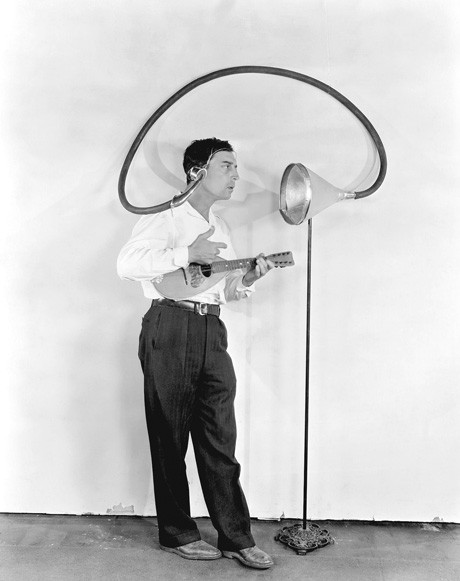
Explore how anxiety can show up in your life, work, and relationships
Read on

What’s Up With the Unconscious Mind?
A couple of days ago I got into an interesting conversation with a favorite coworker in our little office kitchenette.
We were discussing the subconscious mind and how weird it is. How and why does it know things we (consciously) don’t?
He described a talk he once gave to a big group. Since he’s never had trouble with public speaking, he arrived ready to go. But his body was sending signals that something was wrong. Sweats, hot flashes, a nauseated stomach. What was going on?

Will Ferrell May Have Hacked the Rat Maze
I've written about the concept of flow in this newsletter before, but as time passes, I'm realizing that flow is a lot like Anchorman...

Never Talk Religion or Politics
A statement made recently in the BV Slack room — the meeting place of overthinkers — really resonated with me.
The Beautiful Voyager is closely related to AA meetings but without all the mumbo jumbo involved.
It’s true. You’ll never hear me refer to a higher power (unless it’s David Bowie).
However…
There are definite similarities between my path of moving through anxiety and the approach religious friends take.

How to Process Communal Disbelief and Shock
Something terrible has happened. Everyone is upset. What now?
Let's start by trying to find perspective...I'm writing this because I'm working to process it myself. Attempting to cobble together tactics helps me find a way to help protect myself at a difficult time. I would love to hear what's working for others in the upcoming days and weeks. Share here in comments or in Bevoya Haus.

When the problem isn’t what you think.
I had two very different conversations yesterday. Both of them underscored the same undeniable truth: When we need it most, it’s hard to achieve perspective.

If You Have ADHD, Read This.
It's hard not to love Tricia. Tiny, mighty, and always smiling, she's open-minded in a way that softens embittered hearts and minds. Tricia's ability to share her own vulnerabilities brings people together....
I tell you all of this so that you get to know Tricia a little before I share with you her writing about what it feels like to live with ADHD. She published this post yesterday on her blog, The Arthur Adventure (what a title, eh?!), and it's reposted with her permission. I want more people to understand what ADHD is and more importantly, what it feels like.

Why Good Sleep Cleans Your Brain, And Your Role In Choosing Your Memories
This is a video clip of a talk between me and Aussie startup founders Brett Stone and Tristan Hart. I'm talking about sleep, but if you are a Radiolab lover this may not be new info to you. It's something I always bear in mind, tho.

Faulkner is Fired
In 2004, I sold a book proposal to the pub house I’d worked with collecting firing stories from well-known writers. The title: Faulkner is Fired. Sadly, the book itself never came together. It itself was, ironically, a failure. These essays from amazing writers Geoff Dyer, Charles Simic, Debra Ginsberg, and more deserve the light of day, though. That’s why I’m sharing them here.